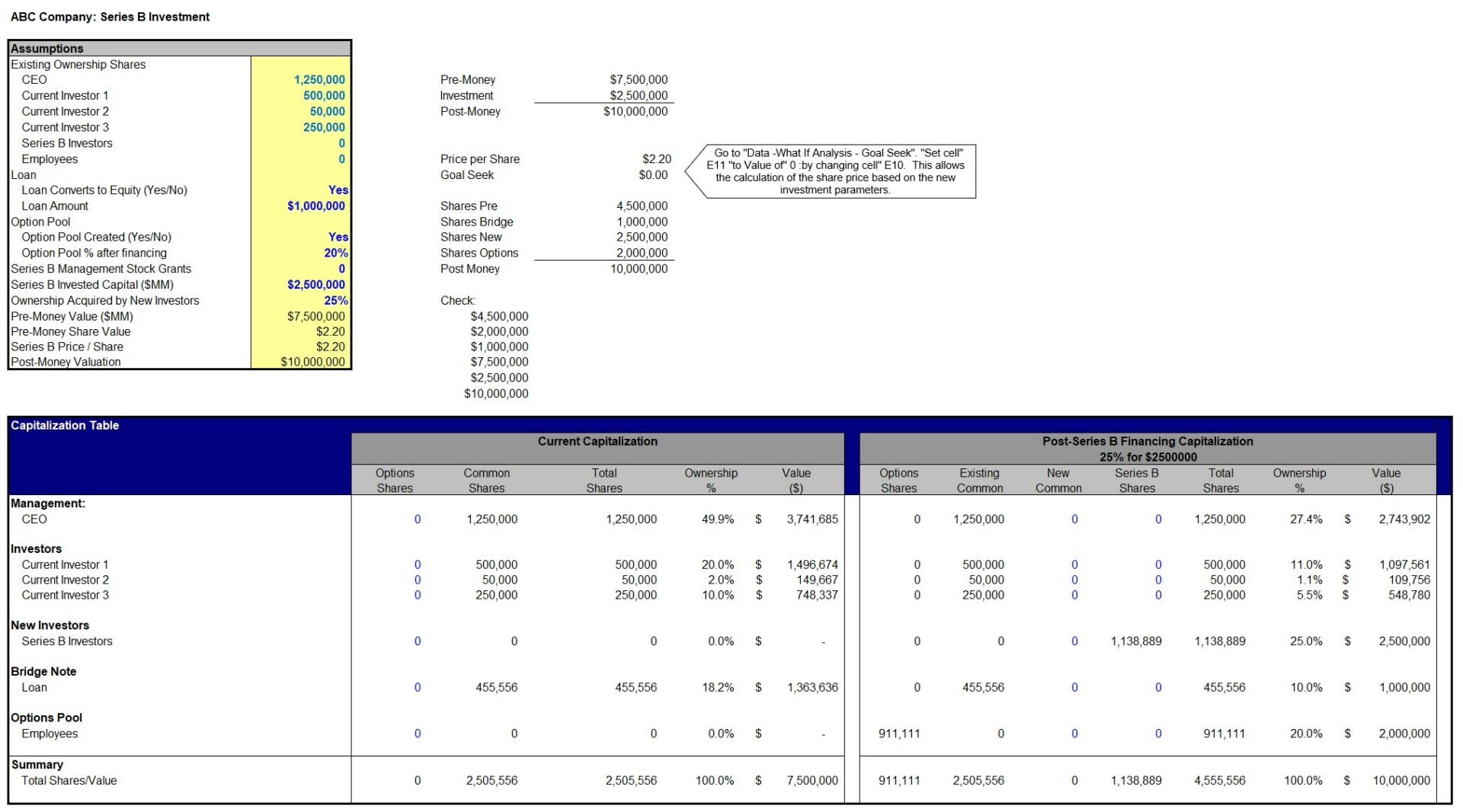Whether you’re a first-time founder or a seasoned veteran, term sheets are an important stage of securing venture capital (VC) investment. They summarise the key terms of investment and provide a crucial blueprint for a founder and investor relationship.
A term sheet can be as simple as a one-pager to 10+ pages. The primary aim is to define terms as precisely as possible to avoid misunderstandings later in the deal process and help set out how the investor relationship will operate post-deal.
Despite their importance, these agreements are often confusing, particularly for founders. The language within them is usually filled with complex legal jargon. And although investors often claim that their term sheets are ‘market standard’, term sheets vary from one investor to the next.
Term sheet transparency
We think that bringing much-needed transparency and clarity on what the current ‘market standard’ term sheet looks like can be beneficial to the ecosystem, helping founders to make more informed decisions when going through the VC funding process. There is also an opportunity to share top tips to equip entrepreneurs with the knowledge they need to confidently negotiate term sheets.
Today we’re launching SVB UK’s inaugural Venture Capital Term Sheet Market Guide. The aim of this guide is to identify and demystify the current market standard.
In turn, we hope to empower founders with a practical understanding of the key terms and clauses of a term sheet.
Here’s a sneak peek of three key findings:
· Private investors will typically expect to be issued a preference share, especially from Series A onwards – 71% of term sheets included a straight preference and a further 6% were included alongside ordinary shares.
· 91% of term sheets include investor representation on the board. This a reminder for founders to ensure whoever is elected to the board is someone they can work with, as they will be playing a part in the direction of the company.
· Only 8% of 2022 term sheets included a diversity rider clause. The results show some improvement with an increase from 1% in 2021, but clearly there’s still a long way for the industry to go.
A guide to VC term sheets
This is just a small snapshot, with lots more interesting insights available within the guide. On a more detailed level, it delves into both key stages and investor types.
It provides an independent view of what is considered the current ‘market standard’ for term sheets. The report looks at this across life cycle stages (seed, Series A, Series B and Series C+), as well as by investment type including traditional limited partner structures (VC LP funds), enterprise investment scheme (EIS) and venture capital trust (VCT) funds, family offices and corporate venture capital (CVCs).
It also shares a commercial perspective of the key items in a term sheet and top tips for term sheet negotiations.
As founders continue to look for financial partners that can help them to reduce dilution while extending their cash runway, we’ve also gone beyond equity VC term sheets and included a summary of the key structural and economic terms of a typical venture debt agreement.
Informing VCs and founders
As well as being useful for founders, this document also has a part to play for VC investors. Given how much the VC funding landscape has changed in recent years, it provides a helpful way for VCs to compare their standard term sheets against the wider market.
You may be wondering what data is behind this guide – we’ve used anonymised aggregated data from 245 VC final term sheets issued in 2022. Sourced from a number of expert lawyers in the VC field, it is based on final signed negotiated term sheets, mostly issued in the UK.
If you’re a founder who is interested in this guide, this is just one of SVB UK’s wider founder success initiatives – expect to see more content and exclusive events coming soon.
We hope that this guide will provide transparency for both founders and VCs, and we’re looking forward to seeing how term sheets continue to evolve over the coming years.
Glen Waters is head of early-stage practice at SVB UK. Keep up to date with further insights by following him on LinkedIn.
In partnership with SVB UK.
The post VC term sheets: What’s the current market standard? appeared first on UKTN | UK Tech News.



